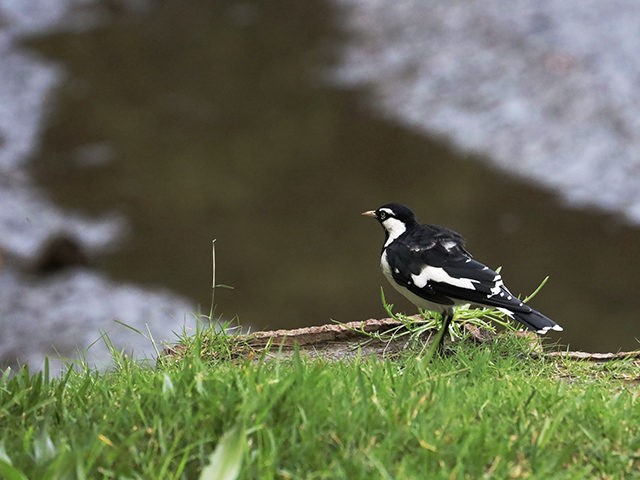An indigenous community and local municipal council in Quebec, Canada, have recognized the Magpie River as a “legal person,” Al Jazeera reported Saturday.
The Innu Council of Ekuanitshit — the organizing body of a Cote Nord indigenous group known as the Innu of Ekuanitshit — and the local Minganie Regional County Municipality issued separate but similar resolutions on February 16 granting the Magpie River nine legal rights, “including the right to flow, to maintain its biodiversity, and the right to take legal action,” the Canadian Broadcasting Corporation (CBC) reported at the time.
One of the resolutions states that the Magpie may be legally represented by “river guardians” appointed by the Innu and the Minganie municipality, with “the duty to act on behalf of the rights and interests of the river and ensure the protection of its fundamental rights.” The resolution further notes the Magpie’s “biodiversity, importance to the Innu and potential as a tourism destination as reasons why the body of water needs special protection,” according to the CBC.
“It’s very, very important for us to have arrived at this protection. It might be tested, but at least we have a majority — if not the entire region — that supports us,” Jean-Charles Pietacho, chief of the Innu Council of Ekuanitshit, told Al Jazeera in a phone interview on April 3.
The local resolutions granting the Magpie River legal personhood status could theoretically allow the waterway to sue the Canadian government, though it remains unclear if or how the resolutions would hold up if challenged in a Canadian court. The Innu designated the Magpie River as a “legal person” in part to allow the indigenous community more power in future negotiations with the Quebec provincial and Canadian federal governments concerning the waterway’s use and development.
The Magpie River is located in Quebec’s Cote Nord region and flows into the north shore of the St. Lawrence River. The 186 mile-long waterway currently has a single hydroelectric dam on it and is known as a popular whitewater rafting destination.
Pier-Olivier Boudreault, who works for the Quebec branch of the Canadian Parks and Wilderness Society, told the CBC in February that the Magpie River is the first natural body in Canada to receive legal personhood status. New Zealand, Ecuador, Colombia, India, and Bangladesh are among other nations in which waterways or tracts of land have been granted legal rights.
Hydro-Quebec, which organized the construction of the Magpie River’s single hydroelectric dam in 2008 and has suggested that it may consider building more dams on the waterway, insisted to the CBC in late February that it has “no plans for the Magpie in the ‘short or even medium-term’ and that no plans are ‘even foreseeable’ in the next decade.”
“But in the long term, we do not know what Quebec’s future energy needs will be,” Hydro-Quebec spokesman Francis Labbé wrote the CBC in an email. “Right now, we do not consider it responsible, in terms of Quebec’s energy security, to permanently renounce to the potential of this river.” Any future hydroelectric projects on the Magpie River would have to meet several criteria, “including social acceptability,” Labbé added.

COMMENTS
Please let us know if you're having issues with commenting.